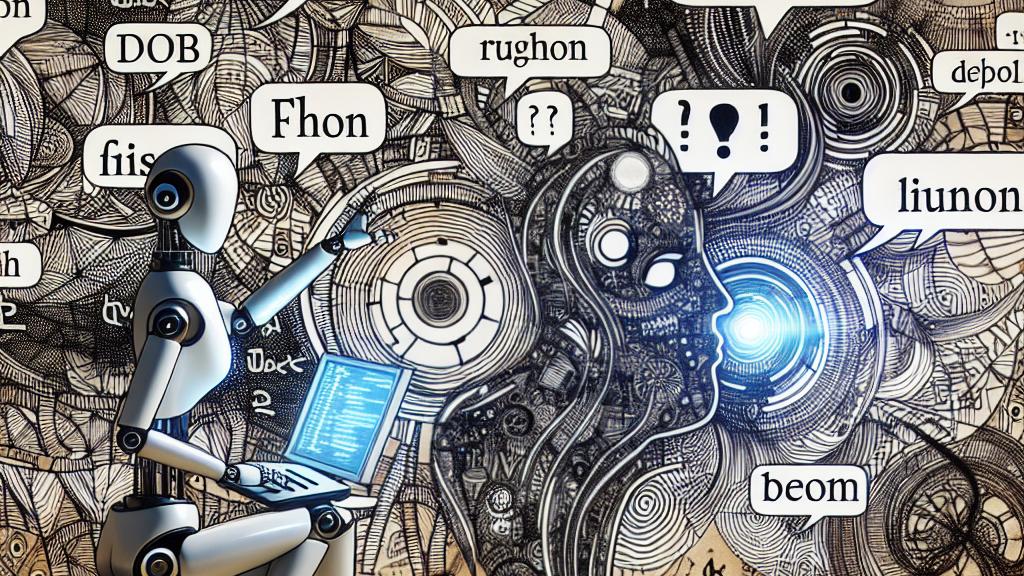Why Do Translation Errors Occur Even with Evolving AI? Insights from Experts
Overview
- Translation errors create significant misunderstandings that distort the intended message.
- AI struggles with context, cultural nuances, and the emotional depth of language.
- Continuous advancements in AI translation technology are poised to enhance accuracy and user experience.

Understanding the Complex Nature of Translation Errors
Translation errors can create chaos in communication, even with sophisticated AI technologies at play. Consider the recent incident involving former President Trump's statement, 'Violence has no place in America.' The AI-generated translation suggested that violence simply did not exist in America, a misrepresentation that sparked quite a debate. Such misunderstandings not only confuse audiences but can also influence public opinion and dialogue profoundly. It brings to light the intricate connection between language, culture, and context, underscoring how crucial it is for AI to evolve in its understanding of these subtleties.
Navigating the Multifaceted Challenges of AI Translation
Experts like Professor Yamada from Rikkyo University highlight two essential components necessary for effective translation: the 'proposition' (what is being conveyed) and the 'modalities' (how it's expressed). For example, in discussing the Fukushima disaster, the wording choice—whether labeling the water as 'treated' or 'contaminated'—can drastically alter the public's perception and sentiment. Moreover, we’ve seen how AI translations can sometimes misinterpret even well-known figures. Consider the backlash when a popular magazine translated Billie Eilish's comments into a form that changed her authentic voice to what some perceived as a caricature of 'female speech.' This scenario illustrates that mistranslations can lead to confusion but can also misrepresent identities and emotions, further complicating the landscape of translation.
The Bright Yet Complex Future of AI Translation
Looking toward the future, the horizon for AI translation systems is filled with promise and potential. Google’s recent generative models are proving to be groundbreaking, allowing for better handling of intricate language compositions and longer texts. Additionally, companies like Smartling report impressive results, claiming that their adaptive translation techniques provide up to 23% higher accuracy compared to traditional methods. However, these advancements remind us that the human touch remains irreplaceable. Engaging skilled professionals in the field ensures that language's depth and nuance are preserved. The combination of advanced technology and human expertise is vital; it enhances understanding and empathy in communication while safeguarding against misunderstandings that carry significant consequences. After all, effectively conveying a message is not just about words—it's about connecting with people.

Loading...